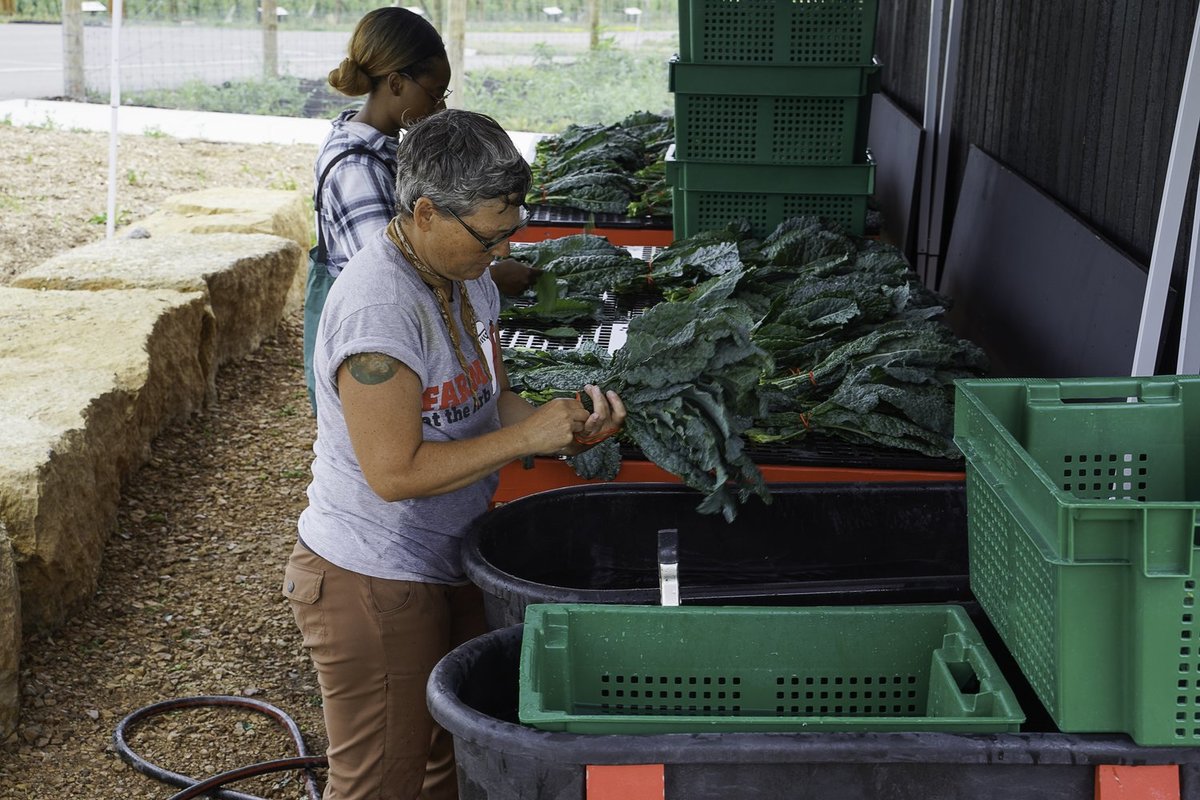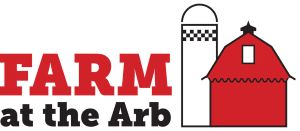
Apply for the Farm at the Arb Apprenticeship Program
Applications due October 22, 2021

The Farm at the Arb Apprenticeship program provides hands-on technical training in local food production for sale and community health. It is offered in collaboration with the University of Minnesota Department of Horticultural Science and Extension. Trainees receive a combination of classroom, lab and field experience at the Minnesota Landscape Arboretum and partnering farm sites. This includes a 14-week paid work experience in vegetable production at the Arboretum and local farms.
As part of the 2022 application process, it is mandatory to attend one 2-hour Information Session, participate in one 3-hour Interview Day, and fill out an official Farm at the Arb Apprenticeship Survey (given on Interview Day). This application will close on October 22.
Step 1: Fill out this interest form.
Step 2: Attend one mandatory information session date. Sign up for work shadow at information session.
Step 3: Attend your Work Shadow Day. Receive link to official Apprenticeship Survey
Step 4: Fill out application and return by October 22.
After a candidate completes all steps of the admission process, the program team will look over applications and call references. Decisions will be announced by the end of November 2022.
Information Sessions are held in person this year. More information will be sent to anyone who submits this form and provides us with a working email address.
Information Sessions:
Saturday, September 18, 9:00 am - 10:30 am
Thursday, September 30, 10:30 am - 12:00 pm
Tuesday, October 5 , 6:00 pm - 7:30 pm
Interview Days (sign up at Information Session)
Friday, September 24, 1:00 pm - 4:00pm
Friday, October 8, 1:00pm - 4:00 pm
Friday, October 15, 1:00 pm - 4:00 pm
Farm at the Arb Apprenticeship Program Overview
In the spring, the program focuses on the foundations of sustainable agriculture: horticultural plant science, soil fertility, pest management, greenhouse production, and food safety. The program also includes exposure to specialty topics by guest lecturers. Trainees also explore environmentalism and community building in group activities and discussions. The program structure is made of lectures, lab activities, and fieldwork to develop an employable and problem-solving trainee with applicable skills to the industry.
During the summer paid work experience, trainees will work a minimum of 24 hours per week on a commercial vegetable farm or garden. This intensive work experience applies concepts learned in the spring with on-the-job training. The trainee also completes an independent pest and disease management project, S.M.A.R.T goals and a detailed notebook about farm management.
After the summer, each trainee creates a crop plan for the following year and presents it in a public forum. Trainees continue fieldwork at farm sites, completing their skill sets for the program. Finally, trainees create an up-to-date resume, a horticulture cover letter and participate in a mock horticulture job interview.






